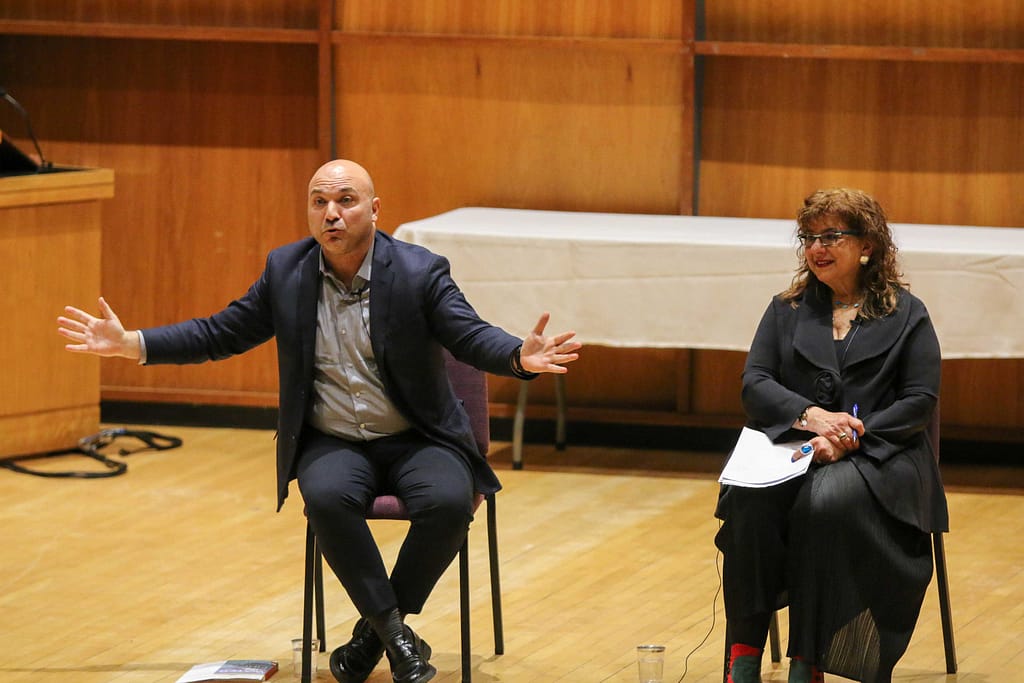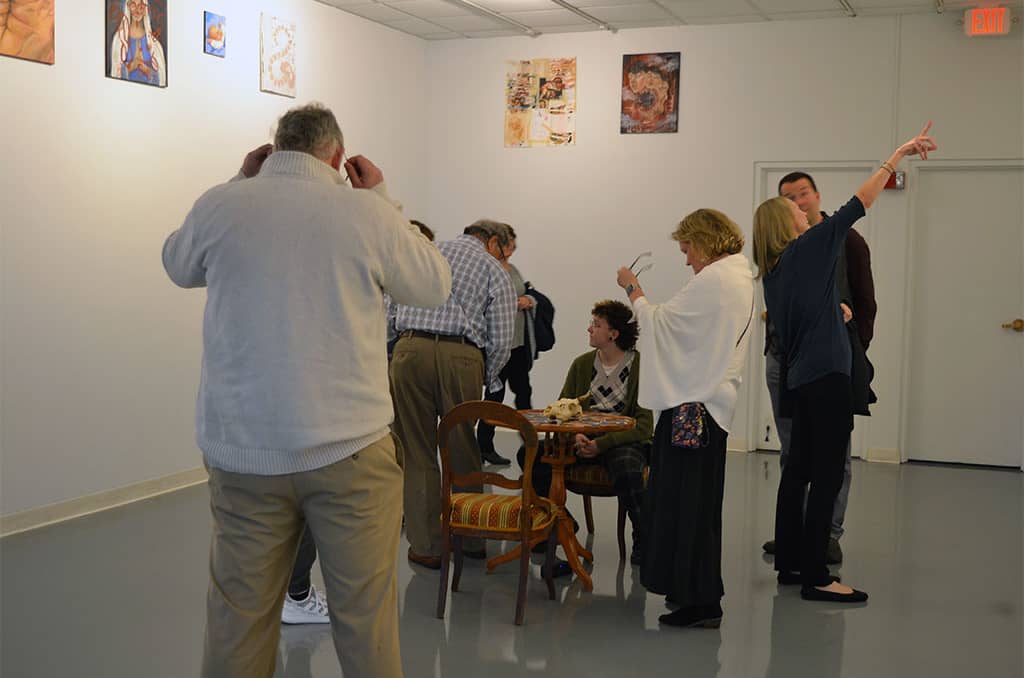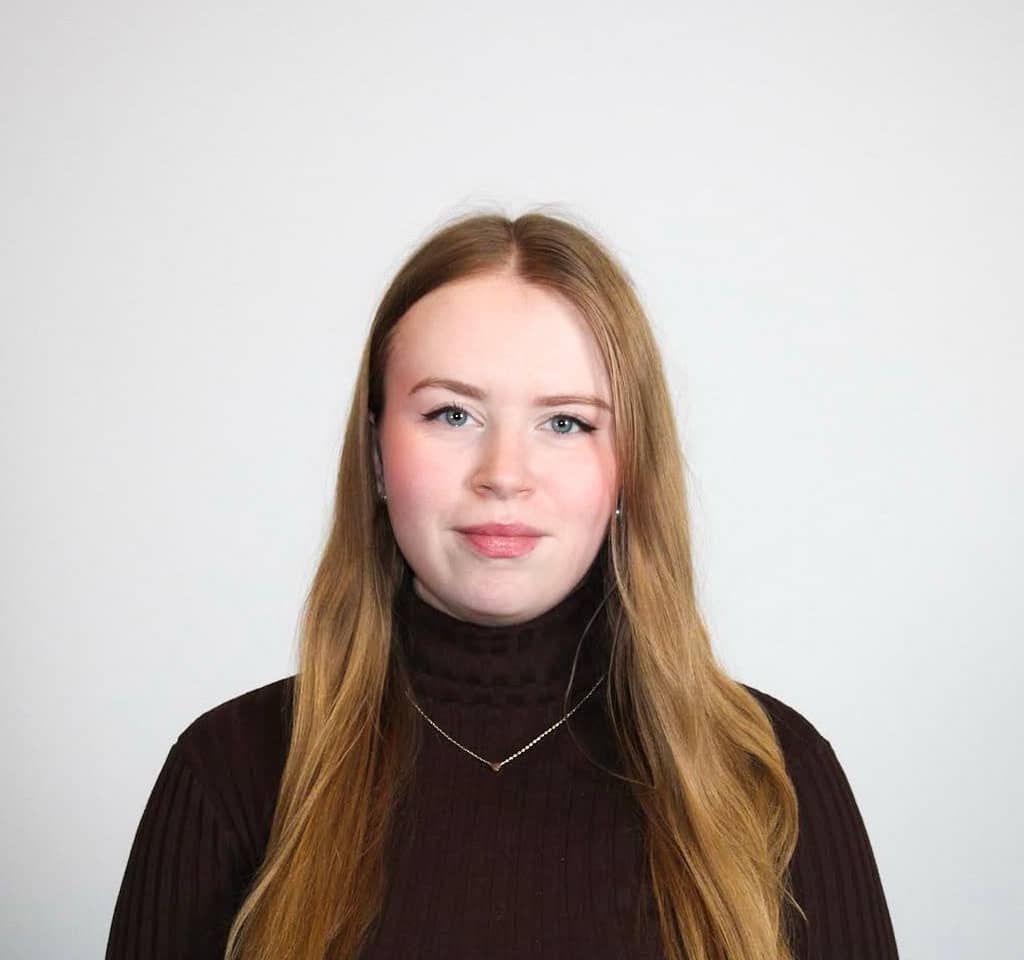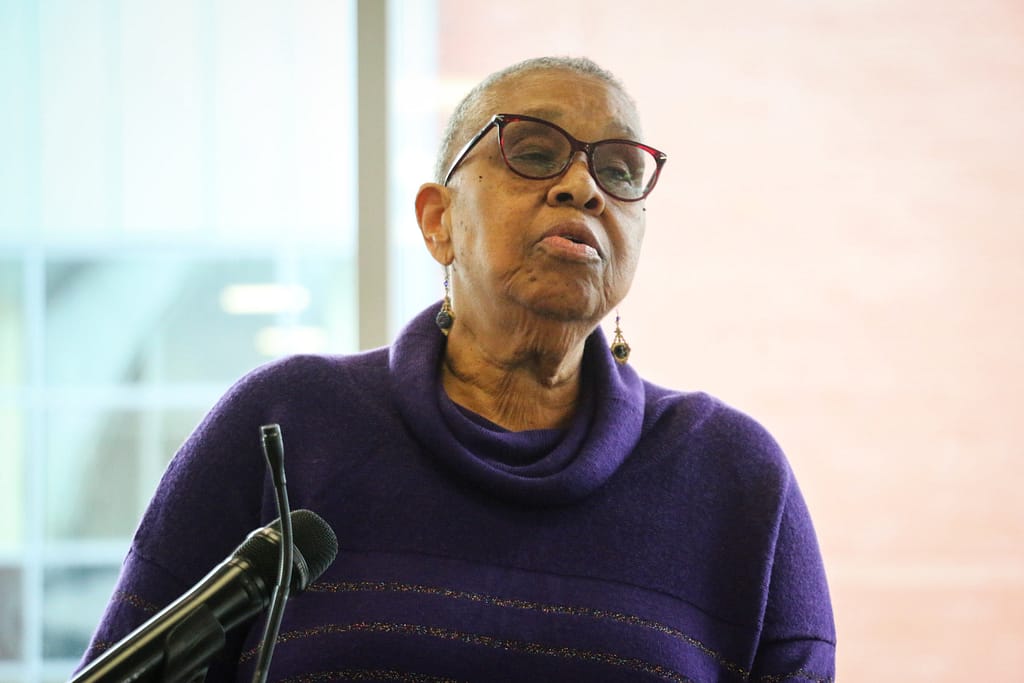Lewis Thayne to be interim president, Saint Michael’s trustees announce
Former college president from Pennsylvania with extensive experience in key areas of enrollment, fundraising and planning is ready to start work in June
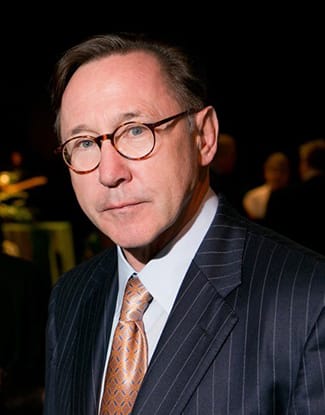
Lewis Thayne
Saint Michael’s College trustees recently selected Lewis Thayne — a veteran college leader with proven strengths in fundraising, strategic planning, marketing, and enrollment — to serve as interim president. He will start this summer and serve until a formal search process leads to a permanent president sometime in early 2024.
“I believe my experience is a good fit for Saint Michael’s at this time,” said Thayne, a former college president at Pennsylvania’s Lebanon Valley College who has a doctorate in comparative literature from Princeton University and spent decades as a fundraising professional at many distinguished colleges.
Lorraine Sterritt, the Saint Michael’s president for the past five years, has announced her June 30 retirement. Trustees decided that, rather than rush the selection of a permanent new president, they would contract with an organization called The Registry, which offers “senior interim leadership in higher education.”
“The interim role can be a very effective bridge for an institution,” said Thayne, whose top priorities in that role are “first, to do no harm,” and after that, to strengthen enrollment. “I’ve been given a charge by the trustees to focus on enrollment, to work with the cabinet and the leadership of the faculty on the strategic plan, as well as on financial sustainability which every college and university is working on right now,” he said.
Thayne, a member of The Registry since his 2020 retirement from Lebanon Valley as president, said the more he learned about Saint Michael’s after hearing of its interim-leader search, the more interested he became.
While the present climate and demographics in higher education make any leadership role a challenge, Thayne said, “I like a challenge. I’m interested in strategy and moving things forward and the evolution of institutions and organizational development.” He said those interests are what made advancement work so appealing to him as a career path. Before leading Lebanon Valley, he was an advancement leader at Franklin Marshall, Agnes Scott College, Mount Holyoke, Bucknell and Columbia University.
Thayne is unfazed by what he calls the “multiple and complicating challenges” in today’s higher education world, particularly for small liberal arts colleges. “I’m accustomed to the issues, particularly having worked for two women’s colleges. I am familiar with what it means to be in a challenging and changing environment,” he said.
“The most important thing I can do is work with the people who are at Saint Michael’s on strengthening the areas we already know are working well, and indicate paths that some of the newer initiatives can widen,” he said. Another important part of the interim role, he believes, is “to prepare for the successful transition to a new president — I really think the role has great benefit to the institution bridging from one president to another.”
He said in the years since retiring as a college president, his advisory role to institutions and colleagues in the field has enabled him to “maintain currency with what’s going on in higher education,” and he has done presentations or joined seminars to stay up-to date.
“This is an exciting time for higher education. I want to be part of it, to have a positive impact,” he said, explaining that current higher education challenges compel worthwhile and interesting innovations by colleges that might not have happened in the absence of such an accelerated urgency to adapt.
Thayne’s CV notes that at Lebanon Valley College, he “developed high impact strategies to achieve academic distinction, enrollment growth, financial sustainability, and clarity of institutional purpose. His focus on strategies to integrate student demand, regional assets and partners, faculty excellence and institutional purpose resulted in LVC achieving record enrollments.”
Though market demand for liberal arts colleges has diminished in recent years, Thayne said, “I think a liberal arts education is really the finest education you can have. It is the most versatile, and liberal arts colleges really do develop the whole person.” He looks forward to helping communicate that message strongly to Saint Michael’s prospects and their families.
Thayne said Vermont and Burlington appeal to him and his family as a destination. They have spent many summers in northern New England, although primarily in New Hampshire and Maine. In younger years, he visited Vermont and greater Burlington to ski, and allows that he might “cautiously” try skiing again this coming winter. Thayne said his wife, Dorothy (“Dorry”), is a talented artist and painter, a Rhode Island School of Design graduate and iconographer. They have three grown children, one in Los Angeles, another in Martha’s Vineyard and one “right around the corner’ from them in Pennsylvania with the couple’s granddaughter. They enjoy outdoor activities, including hiking and swimming.
In a recent message to the campus community about Thayne’s selection, Saint Michael’s Trustees Chair Patricia Casey said, “He brings deep higher education experience to this position and is enthusiastic about working with our community.” She said Thayne would be on campus June 19 through 30 to begin his work, and then work remotely during July, returning to campus full-time starting July 31.
Casey said the College’s Presidential Search Committee is working “to finalize their leadership profile” for Thayne’s long-term successor and anticipates launching the public search on May 30.
